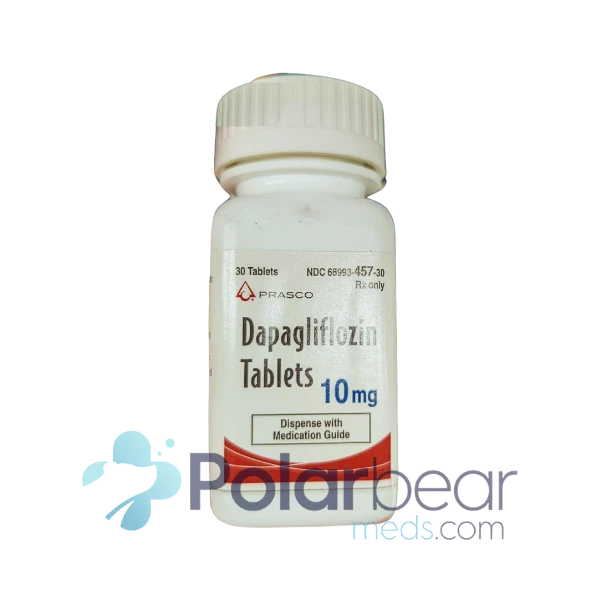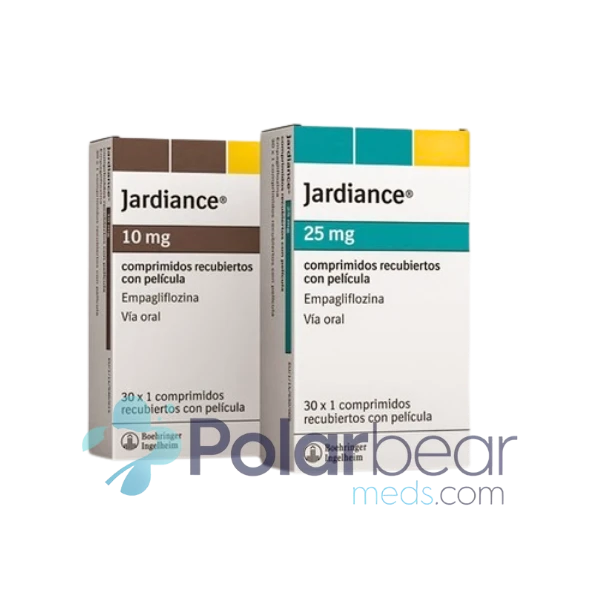
Can Diabetic Dogs Have Coconut Oil; 6 Healthy Tips For Your Dog
HOME | DIABETES EDUCATION | CAN DIABETIC DOGS HAVE COCONUT OIL?
Did you know that an approximated 60% of cats and 56% of canines in the US are overweight or overweight? It’s a disconcerting statistic, and as weight problems rates rise, our animals are becoming increasingly more prone to a wide range of illnesses and diseases.
Among the diseases related to the increase in weight problems in family pets is diabetes mellitus, a condition that happens when the body can not process glucose (a type of sugar) normally. According to Vetsource, an estimated 1 in 300 pet dogs and 1 in 230 cats will develop diabetes throughout their lifetime. And unfortunately, these statistics are just on the rise.
In today’s post, can diabetic dogs have coconut oil, we’ll take a look at the causes, indications, diagnosis, and treatment of diabetes in animals. We’ll share some quick pointers to help you prevent your animal from developing diabetes. Can diabetic dogs have coconut oil and will this help them?
Reasons for Diabetes
As pointed out previously, the source of diabetes is the body’s failure to procedure glucose effectively. Glucose is the main source of energy for cells in the body, and levels of glucose in the blood stream are regulated by a hormonal agent called insulin that’s made by beta cells in the pancreas.
Diabetes mellitus is categorized as Type I or Type II. Type I is known as insulin-dependent diabetes, it’s triggered by a total or near-total damage of the insulin-producing beta cells in an animal’s pancreas. In the absence of insulin, the body’s cells become starved as the nutrients are not able to enter them.
Type 2 diabetes is referred to as non-insulin-dependent diabetes. This type of diabetes occurs when the body can not respond typically to the amount of insulin manufactured by the pancreas. With Type II diabetes, there may be adequate insulin production, but the cells of the body can not utilize the nutrients they get effectively.
Threat elements for diabetes include genes, autoimmune illness, obesity, and other underlying medical conditions. Long-term use of medications such as steroids can likewise induce diabetes in pets.
Luckily, Type I diabetes— the most dangerous kind– is relatively unusual in animals. However Type II diabetes is becoming increasingly common in senior and middle-aged family pets due to elements such as high carb diet plans, lack of exercise, and over-vaccination.
Signs and Symptoms of Diabetes
Left untreated, diabetes can cause complex illness– some of which can be possibly deadly. That’s why it’s so essential to recognize the early symptoms and signs of the illness.
Take your family pet to be analyzed by a veterinarian as soon as possible if you discover any of the following symptoms and signs. Early medical diagnosis and treatment considerably increase the chance of handling the illness efficiently.
- Increased urination
- Drinking water more often
- Increased or reduced hunger
- Weight loss
- Cataracts (especially in canines)
- Urinary tract infections
- Sleepiness
Medical diagnosis and Treatment of Diabetes.
Diagnosis of diabetes in pets is straightforward. Initially, your vet will evaluate your family pet’s blood and urine for elevated levels of glucose. Additional blood tests are often run to eliminate other medical conditions, particularly in older animals.
Your veterinarian may likewise suggest tests such as a urine culture, thyroid screening, or X-rays to get a more total picture of your pet’s general health. If a diagnosis of diabetes is verified, effective treatment usually includes the following:
- Regular blood and urine assessments.
- A carefully controlled diet plan.
- Insulin injections or oral glucose-regulating drugs.
- Ongoing monitoring of your family pet’s health.
How Coconut Oil Can Assist Manage Diabetes.
Can diabetic dogs have coconut oil?
The MCFAs in coconut oil can supply much-needed energy to cells without negatively affecting blood sugar or insulin levels. Coconut oil likewise helps supply energy to cells since it’s easily absorbed without the requirement for pancreatic lipid enzymes or insulin.
In addition to can diabetic dogs have coconut oil, coconut oil puts less of a need on the digestion enzyme production of the pancreas, lowering stress on the organ and enabling it to operate better during mealtimes when insulin is produced most greatly.
To take pleasure in the health advantages of coconut oil, keep in mind to choose a high-quality, therapeutic-grade coconut oil. The suggested oil is sourced from a USDA-certified organic family farm in the Philippines and carefully made in their own facility.
Always feed your animal coconut oil in small amounts as part of a balanced, species-appropriate diet, and keep in mind that coconut oil need to never ever change any medication given to your family pet by your vet.

Diabetes Prevention
Now for fortunately. According to Dr. Karen Becker, DVM., NMD., the majority of cases of diabetes in pets are completely avoidable.
Research study has actually likewise shown that a diet rich in medium-chain fats such as coconut oil might assist prevent obesity and fight insulin resistance– both of which are risk factors for Type II diabetes.
To end up today’s post, here are some fast pointers about can diabetic dogs have coconut oil, to help you minimize the risk of your family pet developing diabetes:
Feed a balanced, species-appropriate diet plan
Exercise your pet daily
Prevent over-vaccination by having your pet titer checked
Schedule regular veterinarian checkups
Supply a lot of fresh, clean drinking water
Supplement your family pet’s diet plan with therapeutic-grade coconut oil
Type II diabetes is known as non-insulin-dependent diabetes. Diagnosis of diabetes in family pets is simple.
Choose your platform, share this story!
Facebook Twitter LinkedIn Pinterest






















